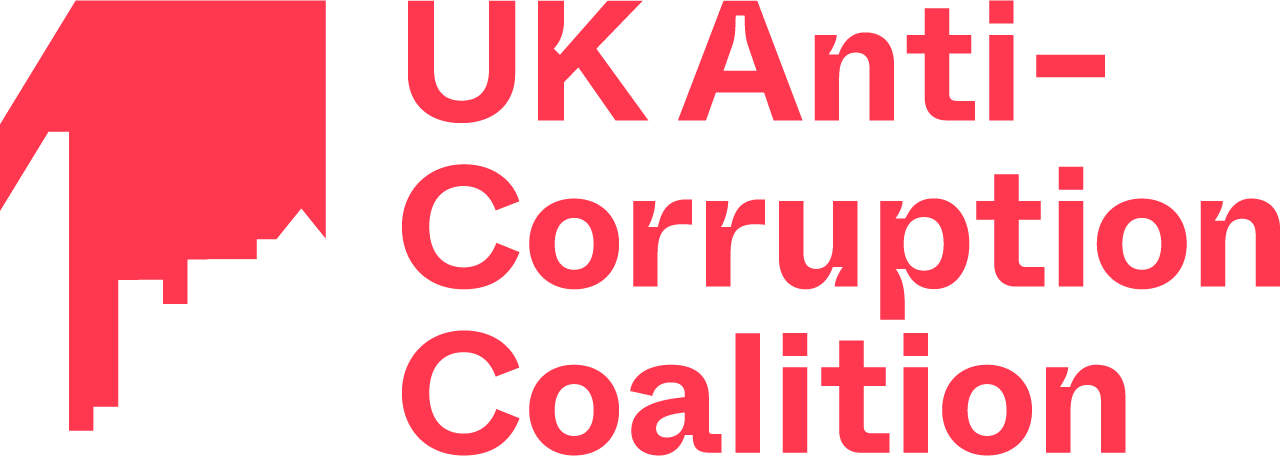STATEMENT: Leading UK anti-corruption experts welcome crucial procurement and economic crime reforms but urge government action on standards.
10 May 2022
The Queen’s Speech announced today includes two sets of crucial anti-corruption reforms that will support law-abiding businesses up and down the country: a Procurement Bill and an Economic Crime and Corporate Transparency Bill.
These measures will strengthen and protect our economy but require leadership for their effective implementation. The highest standards of ethical conduct among our elected representatives underpins the functioning of our economy, as well as our democracy. We urge swift implementation of the essential reforms recommended in reviews by Nigel Boardman and the Committee on Standards in Public Life, both of which are still awaiting a government response.
Procurement Bill
The Procurement Bill offers a once-in-a-generation opportunity to overhaul the UK’s outdated and opaque public procurement system. If implemented properly, it will make it easier for small businesses and social enterprises to benefit from public contracting, while keeping the corrupt, criminal, or incompetent out.
At £280 billion per year, procurement is the government’s single largest item of spending. To avoid wastage of public money, deliver more for businesses and communities, and see a huge return on investment, it will be essential to accompany this Bill with sustained investment in staff, technology and training across the procurement community in England, Wales, and Northern Ireland where changes will apply.
The pandemic has brought the problems with procurement in the UK into sharp focus, and the planned reforms could do much to address these by bringing in:
A single coherent rulebook for procurement to simplify and clarify the rules, which we hope will be underpinned by clear legal principles including one on transparency.
A commitment to digital transparency of contracts across their commercial lifecycle using the Open Contracting Data Standard to bring all this information together in a single, user-friendly portal.
Improved criteria for awarding contracts to emphasise social value, past performance, and value for money, rather than simply the lowest bidder.
A new unit to oversee public procurement with powers to review and, if necessary, intervene to keep the marketplace fair for all.
Better data to track the performance of contractors and a clearer, more robust debarment regime to deal with bad actors.
However, there are key areas where reforms need to be tightened up to deliver on their promise and ensure procurement can be an engine of economic growth and social value which include:
Addressing enforcement loopholes to ensure the debarment regime is not a paper tiger when it comes to companies involved in bribery, fraud, money laundering, or tax evasion, in particular ‘failure to prevent’ offences and Deferred Prosecution Agreements (DPAs).
Ensuring there are accessible, centrally held registers of information for public bodies on the beneficial ownership of bidders and conflicts of interest that need to be managed.
Instituting effective parliamentary oversight over the use of emergency measures, such as through the made affirmative procedure with a sunset clause.
Building a faster and cheaper system for resolving procurement challenges and disputes.
Clarifying how the proposed £2m threshold for the publication of redacted contracts from all UK authorities will work in practice with a view to reducing this threshold.
For more information, see our briefing on the government’s response. One of our members, the Open Contracting Partnership, provides a more extended commentary here.
Economic Crime and Corporate Transparency Bill
From money launderers for foreign kleptocrats to fraudsters abusing covid support packages, UK companies have offered a veneer of legitimacy to economic criminals for too long. Reforms to Companies House announced as part of a second tranche of economic crime legislation will be crucial to stemming this abuse. Yet with hundreds of billions of pounds lost every year to economic crime in the UK, more ambition is still needed from the government to really get to grips with the UK’s dirty money problem.
Alongside reforms to information sharing and powers regarding crypto assets, the Bill will bring forward long overdue changes to ensure that Companies House can effectively monitor, verify, and investigate suspicious companies:
A new responsibility for the Registrar to promote and maintain the integrity of the register.
Requiring the PSCs of companies, limited liability partnerships (LLPs), Scottish Qualifying Partnerships (SQP) unregistered companies, and presenters of information to Companies House to verify their identity.
Third party agents will be required to register with Companies House and be registered in the UK, with supervisors and third party agents required to inform Companies House if supervision ends.
To be effective, these provisions will need to close loopholes, particularly around corporate members and shareholders:
Ban opaque corporate members and partners for Limited Liability Partnerships, Limited Partnerships, and Scottish Limited Partnerships.
Shareholders of private limited companies should have their identities verified, with offshore corporate shareholders banned.
While broader weaknesses in the UK’s defences against dirty money should be urgently addressed:
Significantly increase resourcing for law enforcement agencies fighting economic crime.
Hold enablers to account by consolidating the UK’s fragmented and ineffective anti-money laundering (AML) supervisory regime and reforming corporate criminal liability laws.
Crown Dependencies and Overseas Territories (CDOTs) to introduce public company ownership registers by the end of 2022 and proactively share information with UK authorities to enable comprehensive sanctions designations until such registers are in place.
For more information, please contact the coalition’s coordinator Susannah Fitzgerald (susannah.fitzgerald@transparency.org.uk).
